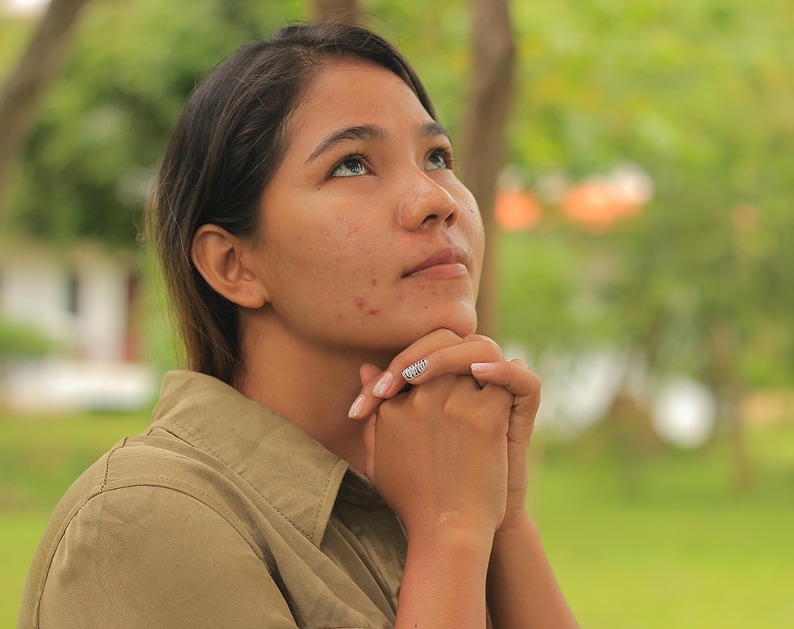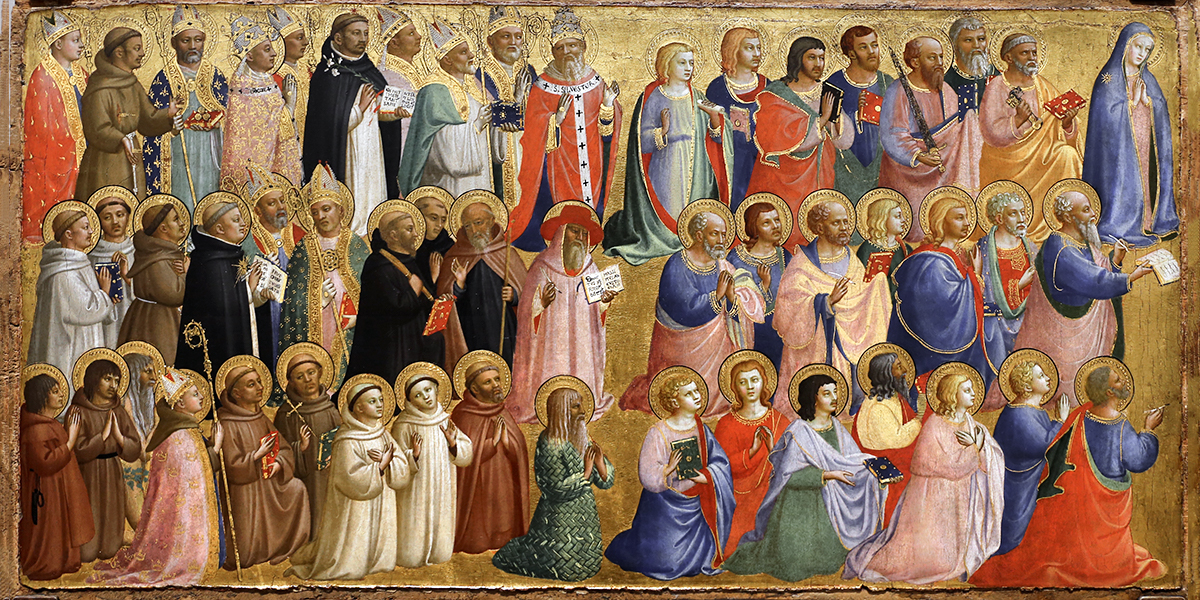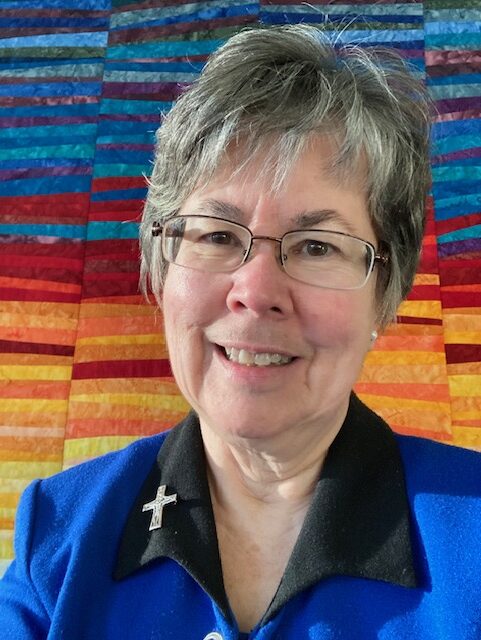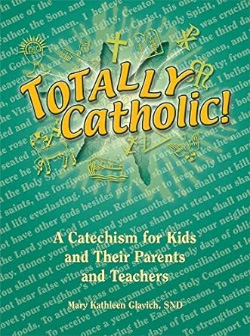 Human trafficking is one of the largest businesses in the world. People unscrupulously make money from enslaving others, even young children, and selling them for sex. According to the U.S. State Department’s annual report, in 2015 there were 6609 convictions for human trafficking and an estimated 20 million victims. How long will God tolerate this vile activity? How long will we?
Human trafficking is one of the largest businesses in the world. People unscrupulously make money from enslaving others, even young children, and selling them for sex. According to the U.S. State Department’s annual report, in 2015 there were 6609 convictions for human trafficking and an estimated 20 million victims. How long will God tolerate this vile activity? How long will we?
I offer as a patron saint in the fight against trafficking Josephine Bakhita, who was canonized in 2000. The story of her life reveals why. When she was eight or nine and living with her prosperous family in the Darfur region of Sudan, Arab slave traders kidnapped her as they had her older sister earlier. When the girl didn’t speak, they named her Bakhita, which ironically means “Lucky One.” She was made to walk 600 miles barefoot to the market and forced to convert to Islam. Five times she was sold to owners who mistreated her severely. She was subjected to beatings and whippings, sometimes daily. She suffered having 114 patterns carved into her skin. Eventually a kind Italian official purchased her. Only then did her life improve.
After two years, Kartoum was besieged and the official and Bakhita escaped, traveling 400 miles by camel. They went to Italy. There, at the age of fourteen, Bakhita was given as a gift to a family who needed a babysitter for their daughter, Mimmina. Bakhita accompanied her charge to religious instructions and was drawn to the Catholic Church. When the parents needed to go to Africa, they left the two girls in the care of the Canossian sisters in Venice. There Bakhita learned more about God and his love for her. After ten months the parents returned, but Bakhita refused to go with them. After a court case, the judge decided that since slavery was illegal in Italy, Bakhita was a free woman. She was baptized and received the name Josephine.
Josephine joined the Canossian sisters in 1893 and for fifty years served as cook, seamstress, sacristan and doorkeeper. She prepared sisters in various convents for being missionaries in Africa. Children and others who grew to know her fondly called her Mother Moretta, “our black mother.” They regarded the gentle, loving woman as a saint. After a period of pain and suffering, Josephine died in 1947.
At Josephine Bakhita’s canonization, St. Pope John Paul II said that in her, “We find a shining advocate of genuine emancipation. The history of her life inspires not passive acceptance but the firm resolve to work effectively to free girls and women from oppression and violence, and to return them to their dignity in the full exercise of their rights.”
In the encyclical Spe Salvi (In Hope We Were Saved), Pope Benedict XVI told the story of St. Josephine’s live as an example of hope.
My community has taken a corporate stance against human trafficking. How can you get involved in purging the world of this crime against humanity?
For an interesting site on unusual patron saints go to
http://www.holyart.com/top-5-curious-patronages-of-saints










2 Responses
Yes, she is the perfect saint for combating human trafficking. Great idea! I hope someone in the Vatican picks up on it.
Great reflection on Josephine’s life and how one person’s suffering rather than destroying her spirit ,tenderized her heart to make her a blessing for others. Your recap of her life also speaks of how God rescued her from the “lion’s den” when perhaps hope seemed dim. That her life of suffering is repeated in the lives of many children today makes me want to join the fight!